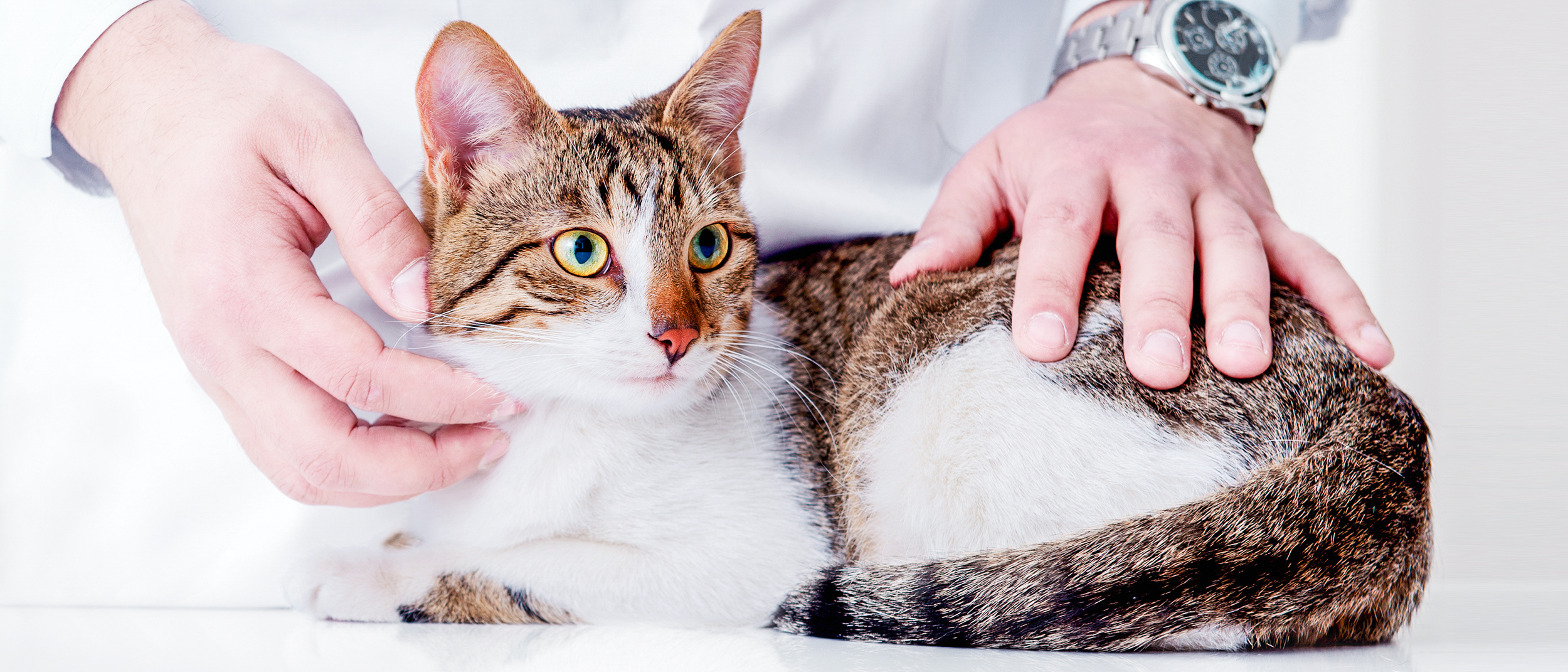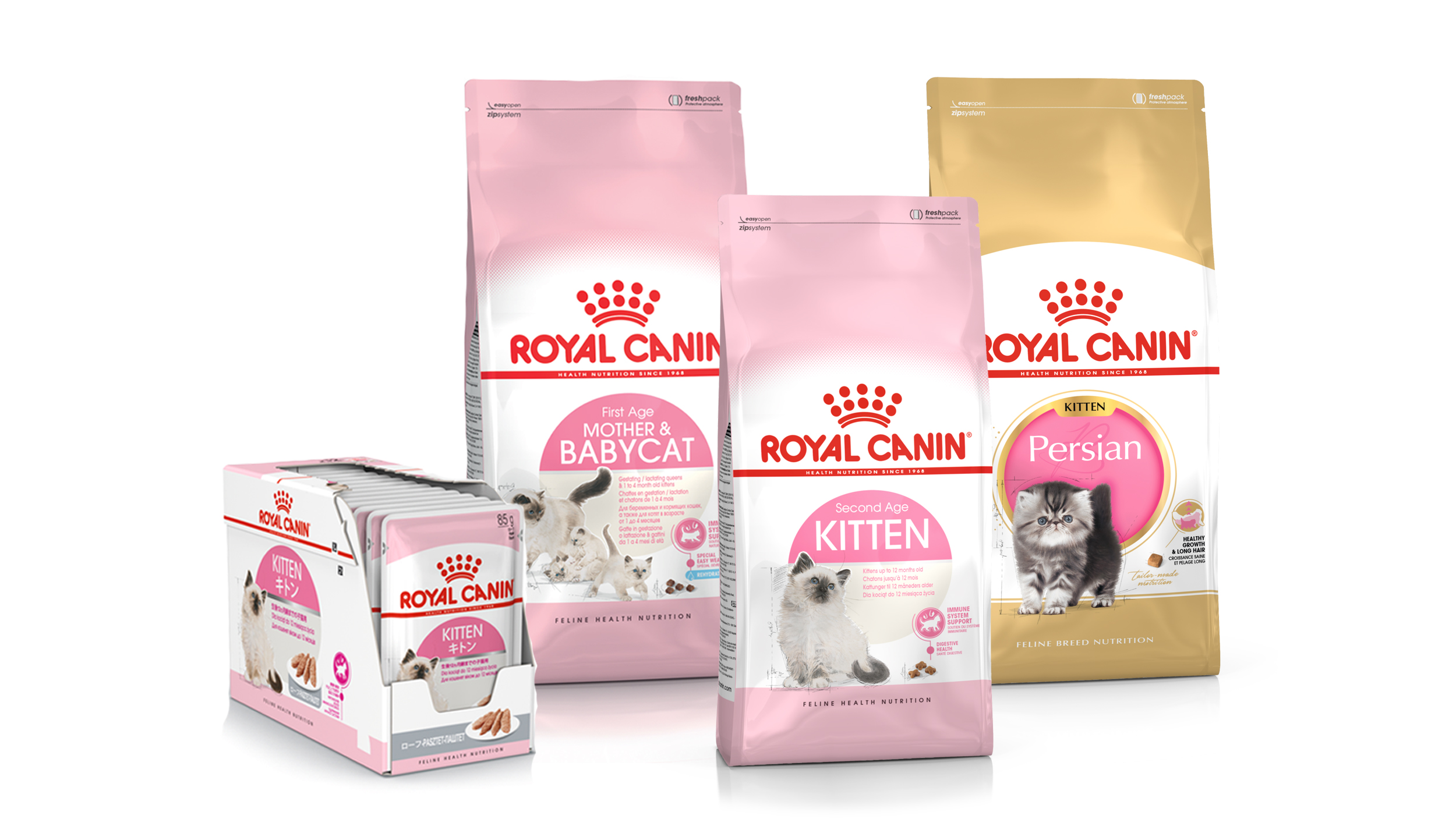Feline rhinotrachetitis in cats

Feline rhinotracheitis (FHV) is a common condition amongst cats and kittens, and together with feline calcivirus (FCV) can cause “cat flu”.
What is feline rhinotracheitis and how is it caused?
Feline viral rhinotracheitis is caused by feline herpesvirus and has the following symptoms:
- Conjunctivitis - inflammation or swelling of the eye tissue, often referred to as "pink eye"
- Corneal ulcers - an open sore on the eye
- Nasal discharge - mucus flowing from your kitten's nose
What is the difference between feline rhinotracheitis and feline calcivirus?
Feline rhinotracheitis and feline calcivirus are different viruses with differing symptoms. The symptoms of FCV include mouth ulcers and gingivitis as well as nasal discharge.
These two viruses are quite different, but confusion comes from the fact that they are often both linked to “feline coryza”.
This syndrome, involves eye infections (conjunctivitis, discharge) and/or nasal discharge and/or mouth inflammation and ulcers. It may be due to different pathogenic agents: including both herpesvirus and calicivirus but also bacteria (chlamydophila).
Can I spot a cat that's been infected with feline rhinotracheitis?
Due to the virus being latent, your kitten could be exposed to it when in contact with other cats that seem healthy. The “healthy” cat carrying the disease may therefore be a risk to the other members of the cat population. This is especially so in the case of kittens.
Can my kitten be vaccinated against feline rhinotracheitis?
Your kitten should be vaccinated against feline rhinotracheitis as one of the core vaccines they must have early on in their development. The other core vaccines include:
- Feline calicivirus
- Feline panleukopenia virus
- Feline leukaemia
When will my kitten have the vaccine?
In most instances the injections for the core vaccines will be given between seven and nine weeks of age.
Speak to your vet and they will put in place a vaccination programme including all the core vaccines and any other recommended vaccines depending on your kitten’s lifestyle and environment.
What else I can do to prevent the virus spreading?
When the virus is found in a specific place or environment, such as in the home or a cattery, it only has a low level of resistance, meaning it can be removed simply by common disinfectants.
Keeping your home clean, specifically any areas your cats spend a lot of time as well as objects they use regularly, such as their food bowl is important.
Feline rhinotracheitis can be very severe, especially in young cats or kittens. It's vital that you contact your vet if you notice any of the above symptoms, as well as ensuring your kitten receives the vaccine at the right time as part of an appropriate vaccination schedule.
Related Articles

Find a vet
If you have any concerns about your cat’s health, consult a vet for professional advice.

Tailored nutrition for your kitten
Nutritional formulas that help to build your kitten's natural defences, support healthy growth, and aid in digestive system development.
Like & share this page